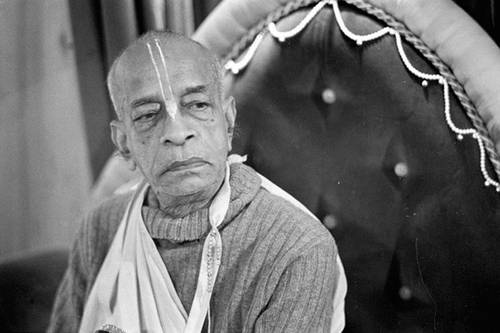How To Defeat the "Not So Secret" Societies' New World Order Agenda

The first conversation presented herein is from June 1976 in which Srila Prabhupada is asked about the world bankers' conspiracy to secretly manipulate and ultimately rule the world by dictatorship. Prabhupada replies that this is an open secret; in this degraded age those who have [print and thus control] money have all power to make conspiracy or anything, whatever they like.
In the next conversation, from January 1977, Srila Prabhupada reveals the solution: by establishing independent, God conscious, self-sufficient farm communities, we will bring about the collapse of this cheating, artificial way of banking, ultimately disempowering the Illuminati's demoniac New World Order agenda.
Related articles
WHAT THE ANTI NEW WORLD ORDER MOVEMENT NEED TO UNDERSTAND
"Prabhupada's Varnasrama - The Spiritual World Order"
Anyone who has got money, he has got power.
That is open secret. What is the secret? (laughs)
If yo





